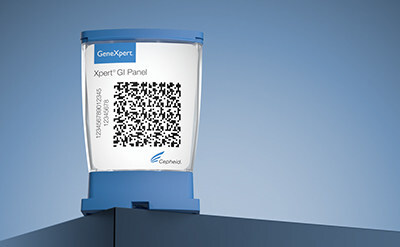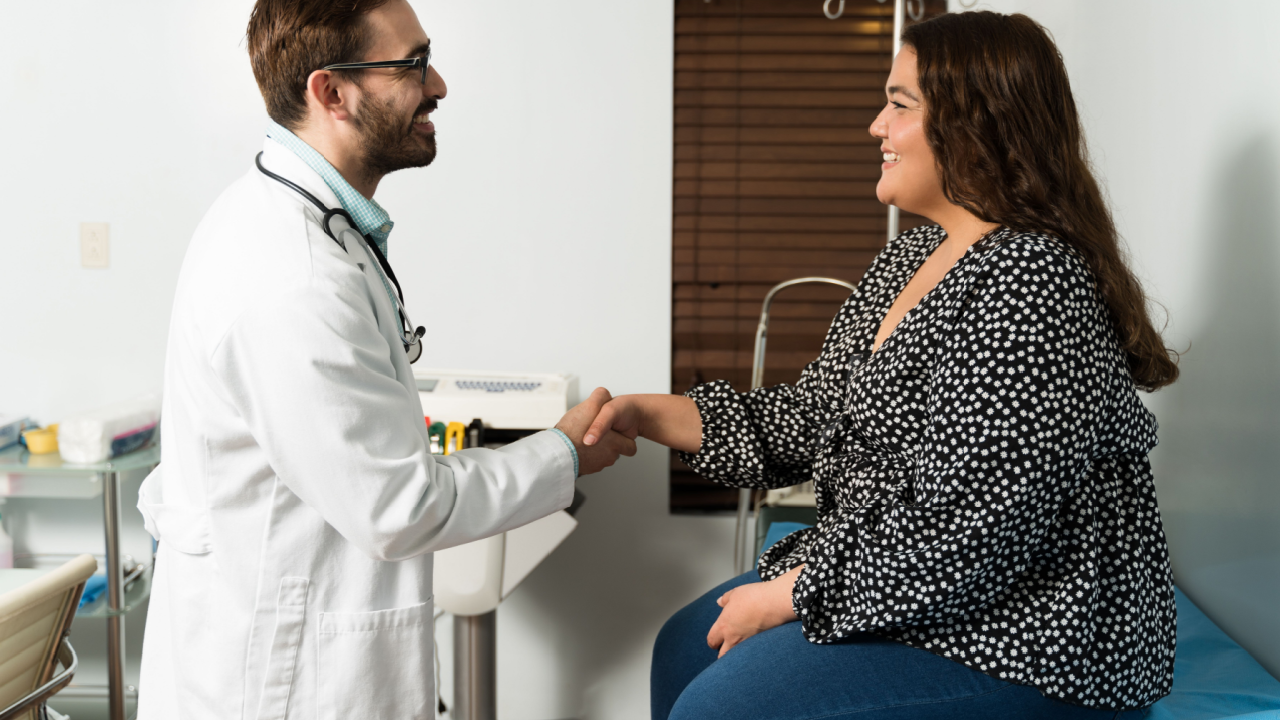The US Food and Drug Administration (FDA) has granted approval to Regeneron’s Eylea (aflibercept) injection for the treatment of preterm infants with retinopathy of prematurity (ROP).
With the FDA nod for ROP, Eylea is now approved to treat five retinal conditions, which include macular degeneration (AMD), diabetic macular edema (DME) and diabetic retinopathy. Diabetic retinopathy affects more than one third of diabetic patients and is also the leading cause of blindness in the US.
ROP is a leading cause of childhood blindness worldwide and Eylea is the first pharmacologic approved for the disease. The only other FDA-approved treatment for ROP is laser photocoagulation, a complex laser surgery that can cause damage to retinal tissue with potential long-term complications.
ROP is an eye disease that can affect preterm infants when the retinal blood vessels in the eye develop abnormally. Retinal blood vessels usually fully develop once an infant is full-term. Therefore, preterm infants are at risk of developing abnormal retinal blood vessels (retinal neovascularization), which can lead to potential retinal detachment and irreversible vision loss.
In the US, between 1,100 to 1,500 infants develop ROP every year that is severe enough to necessitate medical treatment. It often impacts infants born before 31 weeks of pregnancy or who weigh less than 3.3 pounds at birth. Mild cases of ROP can improve without treatment, but more severe cases require treatment to prevent significant visual impairment and even blindness.
Eylea is being jointly developed by Regeneron and Bayer.
“Until now, the only FDA-approved treatment in common use was laser photocoagulation, a complex and lengthy procedure that permanently ablates retina tissue and is stressful not only for infant patients but also the family navigating a delicate time after a preterm birth,” said George D. Yancopoulos, MD, PhD, President and Chief Scientific Officer of Regeneron, and a principal inventor of Eylea, in a news release.
“For the first time, physicians will now have an FDA approved medication in Eylea to treat this heartbreaking disease in these smallest of patients. We thank the investigators and the many families who participated in the clinical trials,” he said.
Eylea is a vascular endothelial growth factor (VEGF) inhibitor that prevents the growth of new blood vessels and blocks the action of two growth factors involved in ocular angiogenesis, VEGF-A and placental growth factor (PLGF), to decrease vascular permeability (passing of fluids through blood vessels) in the eye.
Eylea’s approval for ROP was based on data from two global randomized Phase III trials, (n = 113) and BUTTERFLEYE (n = 120).
The trials evaluated Eylea (0.4 mg) versus laser photocoagulation in infants with ROP. In both trials, around 80 percent of Eylea-treated infants achieved an absence of both active ROP and unfavorable structural outcomes at 52 weeks of age, which is better than would have been expected without treatment, said Regeneron.
However, in both trials, Eylea didn’t meet its endpoint of non-inferiority to laser photocoagulation. Regeneron noted that the efficacy of laser surgery in both trials was higher than observed in previous studies.
No new safety signals were observed in either trial and there was no significant difference between the rate of adverse events in those who received Eylea versus patients treated with laser.
The results of FIREFLEYE were published in the Journal of the American Medical Association (JAMA) and data from BUTTERFLEYE were presented at the ROP Update 2022 meeting in the US.
Regeneron also said the safety and efficacy profile of Eylea is supported by “a robust body of research that includes eight pivotal Phase III trials, more than 11 years of real-world experience and greater than 57 million Eylea injections [administered] globally.”
Eylea has been a hit since 2014 and in 2022, reached $6.2 billion in sales in the US.
Eylea was due to lose patent protection in November this year but that has been delayed to May 2024. Companies including Sandoz, Alteogen and Coherus BioSciences are working towards Eylea biosimilar approvals, but it isn’t clear when Eylea will be facing biosimilar competition.
Eylea is more likely to be in for some direct competition from Roche’s Vabysmo (faricimab-svoa), which was approved for both AMD and DME at the same time a year ago. Vabysmo could be the more attractive option as only three shots of it are needed a year compared to six for Eylea. Both treatments are injected directly into the eye.












Join or login to leave a comment
JOIN LOGIN